|
||
|
||
|
|
||
| The global macroeconomic landscape marked by geopolitical tensions, conflicts, volatile stock markets, and high interest rates continues to weigh on the alternative asset class. The combination of adverse factors has impacted allocations and bias, private equity deal flow and investments, exit timelines, and fundraising milestones. Asia-focused investors too have been adopting a cautionary stance to investments and recalibrating their strategies and market exposure. Amidst this relentless backdrop, how will PE realign to generate alpha in the downcycle? | ||
|
||
|
|
||
|
||
|
||
|
|
||
|
||
|
||
|
|
||
| Chinese fund managers and startups have been tapping the Middle Eastern market as the region has emerged as a preferable location for business expansion and fundraising amid macro uncertainties and rising geopolitical tension. Middle Eastern sovereign wealth funds have pumped $7 billion into China since June 2023, a five-fold growth from the previous 12 months. However, with increased US scrutiny on global investments in sensitive and strategic technologies such as semiconductors and artificial intelligence (AI) in China, the picture may soon change. What will it take to build deeper China-Middle East links? | ||
|
||
|
|
||
| Global investment firms that had backed Indian hospital chains and healthcare assets have been able to seal healthy exits, which has further spurred private equity investments into the sector. A similar trend is seen playing out in SE Asia as well where investors are betting big on the resilient and evergreen sector. This session will explore PE investments in steady cash flow businesses like hospitals and healthcare assets, exits, new healthcare-focused funds targeting South and SE Asia, and the valuation landscape. | ||
|
Singapore Reporter/s
In Singapore, we are looking to double our reporting team by this year-end to comprehensively cover the fast-moving world of funded startups and VC, PE & M&A deals. We want reporters who can tell our readers what is really happening in these sectors and why it matters to markets, companies and consumers. The ability to write precisely and urgently is crucial for these roles. Ideal candidates must have to ability to work in a collaborative, dynamic, and fast-changing environment. We want our new hires to be digitally savvy and ready to experiment with new forms of storytelling. Most importantly, we are looking for hard-hitting reporters who work well in a team. Collaboration and collegiality are a must.
Following vacancies can be applied for (only in Singapore).
Following vacancies can be applied for (only in Singapore).
- A reporter to track companies/startups that have raised private capital, and have the potential to become unicorns. SEA currently has over 40 companies with a valuation of over $100 million and under $1 billion.
- A reporter who can get behind the scenes and reveal how funding rounds are put together, or why they’ve failed to materialise. She/he in this role will largely focus on long-format stories.
- A journalist to track special situations funds, distressed debt and private credit (from the PE angle) across Asia.








